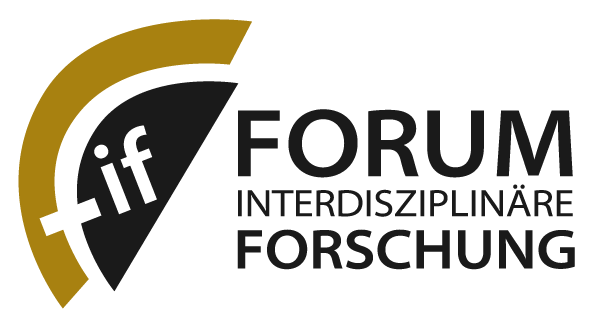Waldminghaus, Torsten
Biology | “Synthetic biology – chromosomes from the DNA toolbox” | Lecture on 24.04.2024
The challenge
DNA – this term can be found in many public contexts. DNA symbolises something fundamental, something fixed. Media refer to the DNA of political parties and other institutions as their defined identity and unchangeable recognisable feature, as something that can be used to determine their characteristics and functions. This analogy taken from biology is not absurd; the sequence, i.e. the order of nucleotides – the components – of deoxyribonucleic acid (DNA) determines the structure of organisms. However, just knowing this sequence is not enough to understand its function. One of the central tasks of the still relatively new discipline of synthetic biology is to use new approaches and molecular tools to decode this sequence.
From the lecture
The sequencing of DNA was a milestone in science. But just as it is not enough to know the sequence of letters to understand a language, it is also essential to understand genes and regulatory sequence motifs in order to understand DNA and their significance in the context of the processes taking place in a cell, i.e. its ‘grammar’, for example. A modern approach to the understanding of the organisation of genetic information aims to create a synthetic chromosome, i.e. a DNA molecule. Some proteins, e.g. for DNA repair, attach to specific sequence motifs, which have a specific distribution on the chromosomes of cells. The production of synthetic chromosomes with altered distribution patterns of these sequence motifs can help to understand chromosomal organisation. For this purpose, the artificial chromosomes are produced in the laboratory and introduced into bacterial cells. The subsequent analysis by replication of mutations built into the chromosomes makes it possible to draw conclusions about the organisation of the chromosomes. This ‘building to understand’ approach is characteristic of synthetic biology, which develops innovative, creative and interdisciplinary methods for creating and modifying biological systems at the interface between biology and engineering in order to answer basic and practical research questions.
Perspectives
Synthetic biology is an innovative discipline that contrasts constructive engineering methods with the classical analytical scientific methods to develop new biological systems. While it has the potential to offer a unique insight into biological processes and provide new biotechnological and medical applications, it also presents important questions regarding biosafety and ethics. They are also part of the new English-language Master's degree programme ‘Synthetic Biology’ at TU Darmstadt, which started in the winter semester 2023/24.


